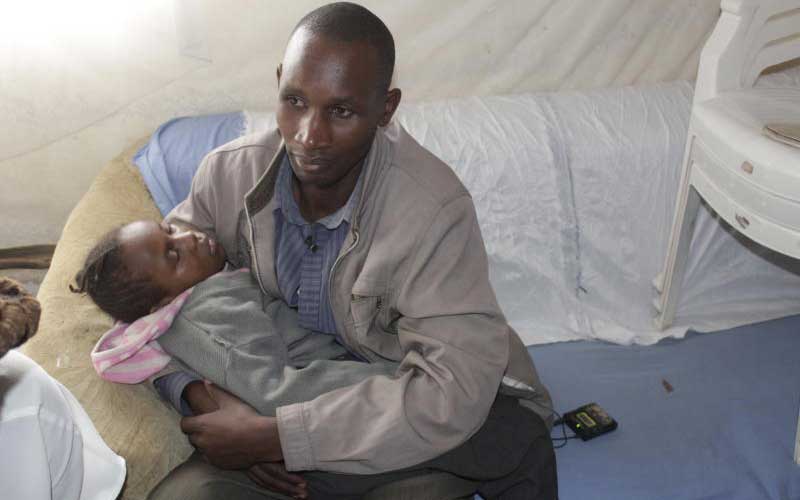×
The Standard e-Paper
Kenya’s Boldest Voice

If there was an award for the best father in the world, there is little doubt that Happy Bosibori would nominate her father, Stanley Motanya.
This is the man who has stuck by Happy for the last seven years when she has needed help to do virtually everything.